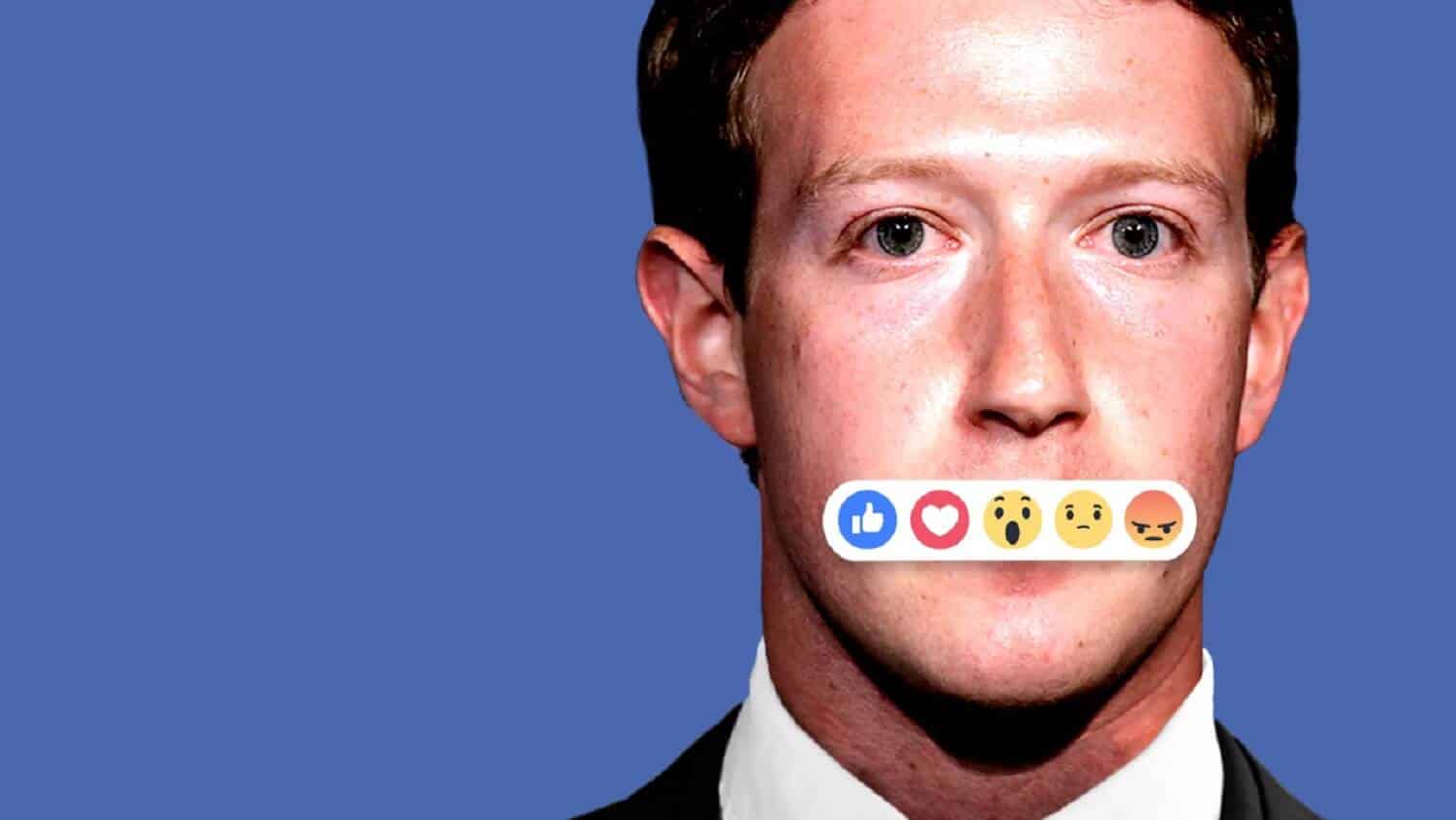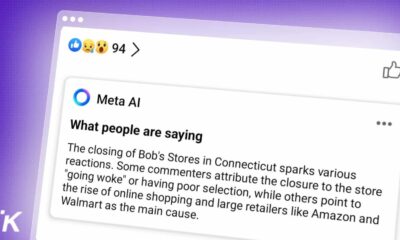Mark Zuckerberg publicly posted his privacy thoughts
End-to-End encryption won’t save you from the pitchforks.

Just a heads up, if you buy something through our links, we may get a small share of the sale. It’s one of the ways we keep the lights on here. Click here for more.
Now that most of Facebook’s skeevy dealings have been unearthed in the press, Zuckerbot, er… I mean, berg has a new plan to rise, like the Phoenix, from the scattered ashes of our data dumps – Privacy.
Waiiiitaminute… So the track-you-everywhere, misuse-your-phone-number, pay-kids-for-data, product-review-faking, help-husbands-brainwash-their-wives, unsent-message-saving, message-snooping, photo-leaking, data-breached, dirty-politics-enabling, social platform owner suddenly realized that privacy is a big thing? All of a sudden? On his own?
I don’t buy it and neither should you. Let’s put it this way – nobody really believes that ExxonMobil gives a shit about climate change, right?
Zuck’s 3,000-word diatribe has a lot to unpack, but really there are a few key takeaways.
My focus for the last couple of years has been understanding and addressing the biggest challenges facing Facebook. This means taking positions on important issues concerning the future of the internet.
Zoom in on that last sentence from his opening salvo. “The future of the internet.” So after breaking privacy controls across the internet, you now want to save it? The problem that you already created? I guess if you broke it, you possibly know how to fix it but still, this self-aggrandizing is pretty bad. I’m pretty sure the W3C is handling the future of the internet, not one man/company.
Zuckerberg’s six pillars of privacy
Zuck also has six pillars that are holding up this new privacy-focused push. The problem here is that either those pillars are made of jelly, or the ground underneath them is unstable. Let’s have a look at the list and see why.
Private interactions: People should have simple, intimate places where they have clear control over who can communicate with them and confidence that no one else can access what they share.
This looks good on the surface, although nothing online could be said to be truly private. Plus, how are you going to serve targeted ads if you don’t know what people talk about? We already have those places, they’re called our homes (although we should really turn off our smart speakers more).
Encryption: People’s private communications should be secure. End-to-end encryption prevents anyone — including us — from seeing what people share on our services.
Ah, end-to-end encryption. Such a panacea. It won’t work though. Facebook has already shown time and time again that it can’t self-moderate content. Turning on end-to-end encryption just gives them an excuse to get away with it. Maybe that’s not a bad thing to everyone, especially the content moderators that have been scarred for life by the job.
Reducing Permanence: People should be comfortable being themselves, and should not have to worry about what they share coming back to hurt them later. So we won’t keep messages or stories around for longer than necessary to deliver the service or longer than people want them.
Ah, yes. It starts out so promisingly. “People should be comfortable being themselves…” A pretty sharp about-face in the second half of that sentence though Mark. While we’ve all had youthful indiscretions on what we share online, from drunken photos to questionable jokes, this one is wide-open for abuse.
Facebook already can’t deal with its problems on harassment, racism and other abuse, so how does letting users send self-destructing posts help? How about pictures like these from yearbooks? Should bad behavior have an expiry date?
Safety: People should expect that we will do everything we can to keep them safe on our services within the limits of what’s possible in an encrypted service.
LUL. You can’t even keep people safe in the unencrypted, visible parts of Facebook. How do you expect anyone to believe you can keep them safe once you move to encrypted messaging?
Interoperability: People should be able to use any of our apps to reach their friends, and they should be able to communicate across networks easily and securely.
Come again? Do you really think that consolidating your stranglehold on social media into one easily-searched system would be allowed by regulators? Germany already hates the idea, moving to try and block your amalgamation of Messenger, Insta Direct and WhatsApp into a bloated behemoth of encrypted environs. Plus, they already can reach their friends. You just want their friends contact lists, too.
Secure data storage: People should expect that we won’t store sensitive data in countries with weak records on human rights like privacy and freedom of expression in order to protect data from being improperly accessed.
WOW. Aside from the amusing “improperly accessed” bit, like Facebook only properly accesses your data before selling it wholesale to advertisers, pollsters, and pretty much anyone who will pay, what does Zuck’s vision of “secure data storage” look like? Maybe he really means “we’re moving our servers out of the USA to a country with stronger data laws so I don’t get subpoenas.” That would jive with the actions of Facebook recently, and actions speak far louder than words.
The only way to keep your data private from Facebook? Delete your account. Although, that won’t stop them from tracking you…
What do you think about Facebook’s plans? Will they make any difference whatsoever? Let us know down below in the comments or carry the discussion over to our Twitter or Facebook.
Editors’ Recommendations:
- The human bone trade is booming on Instagram, because of course it is
- Surprise, surprise – the FBI is accessing at-home DNA tests without our consent
- Instagram’s “benefit without responsibility” corporate culture is a real problem
- Google says you can now mail in your busted Google Pixel 3 and 3 XL for repairs
- Apple will no longer deny repairs if you have a third-party iPhone battery































